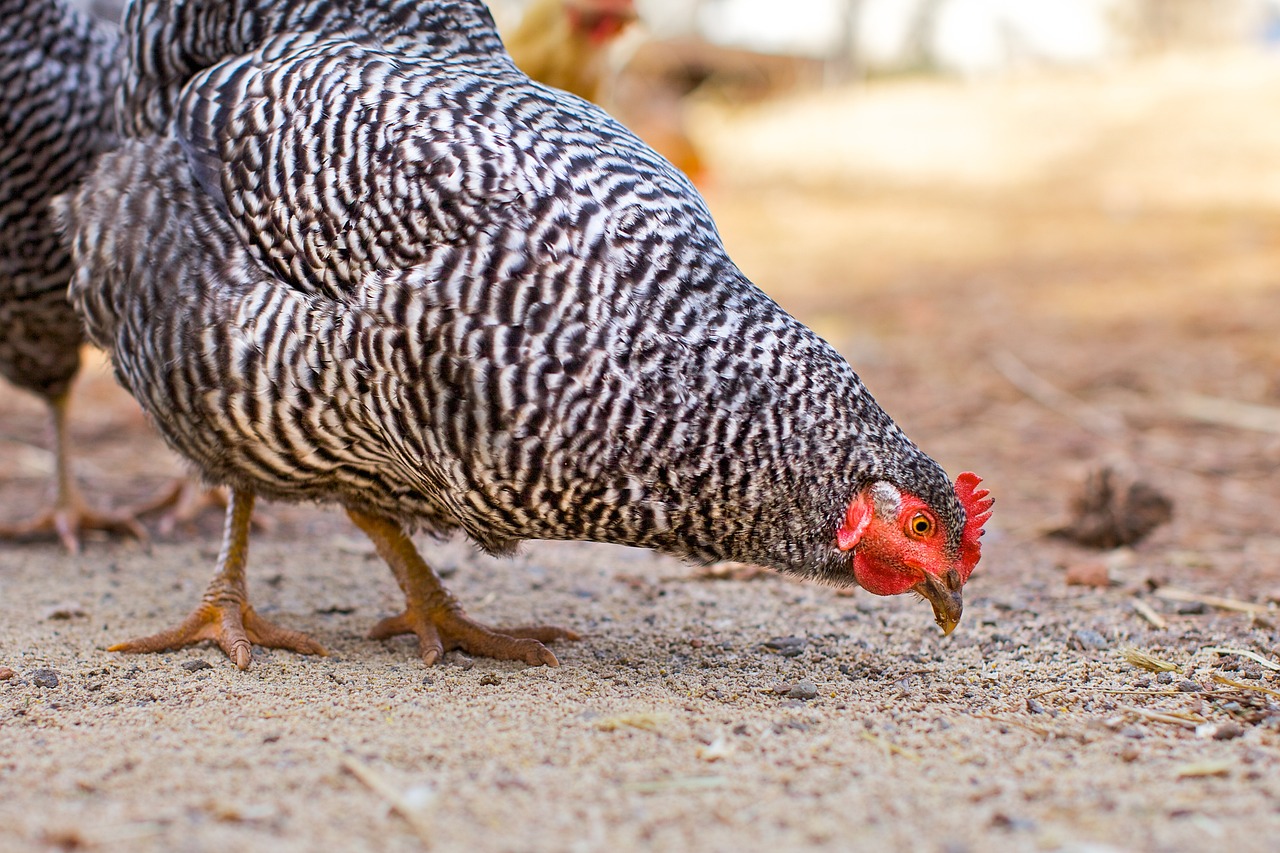Foraging for food is crucial for the survival of many birds in the wild. It allows them to find natural sources of nutrition while engaging in physical and mental stimulation. In fact, foraging is such an important aspect of a bird’s life that many domesticated birds have retained their natural instinct to forage.
If you’re a poultry keeper, learning to identify and forage for foods that are healthy and safe for your birds can be a great way to supplement their diet and provide them with added enrichment. In this guide, we’ll explore the best foods to forage for your turkeys, chickens, ducks, and geese.
1. Grasses and Weeds
Grasses and weeds are a go-to for birds that love to graze. These plants provide a high-fiber diet that is beneficial for digestive health. Some great options to forage include dandelion, clover, chickweed, plantain, and comfrey.
2. Berries and Fruits
Berries and fruits are a great source of vitamins and antioxidants. During the summer months, your flock will appreciate picking wild berries like blackberries, raspberries, strawberries, and blueberries. Apples, pears, and grapes are also great options when they are in season.
3. Seeds and Nuts
Seeds and nuts are a great source of protein and healthy fats. Your birds will enjoy foraging for seeds like sunflower seeds, pumpkin seeds, and sesame seeds. Nuts like acorns, hazelnuts, and walnuts can also be a tasty treat.
4. Grains
Grains are not typically foraged in the wild, but they are an important part of a domesticated bird’s diet. By scattering grains like wheat, barley, oats, and corn around your yard or pasture, you can simulate a natural foraging experience for your flock.
5. Insects and Other Protein Sources
Insects, worms, and other protein sources are essential for birds to get a complete diet. They are particularly important during breeding seasons when hens need extra protein to produce eggs. When foraging for insects and other protein sources, be sure to avoid using pesticides or other chemicals. Some great options include mealworms, crickets, slugs, and earthworms.
When foraging for foods for your flock, it’s important to do your research and make sure that the plants you choose are safe and non-toxic. Many common ornamental plants and flowers are actually toxic to birds and should be avoided. Additionally, avoid foraging near busy roads or areas that may have been sprayed with pesticides or other chemicals.
Foraging is a great way to supplement your flock’s diet and provide them with added enrichment. By identifying safe and nutritious plants and other foods to forage, you can give your birds a natural and cost-effective source of nutrition that will keep them happy and healthy.
The Author:
Pioneerthinking.com – Ingredients for a Simple Life.
Photo. Jnprice73
